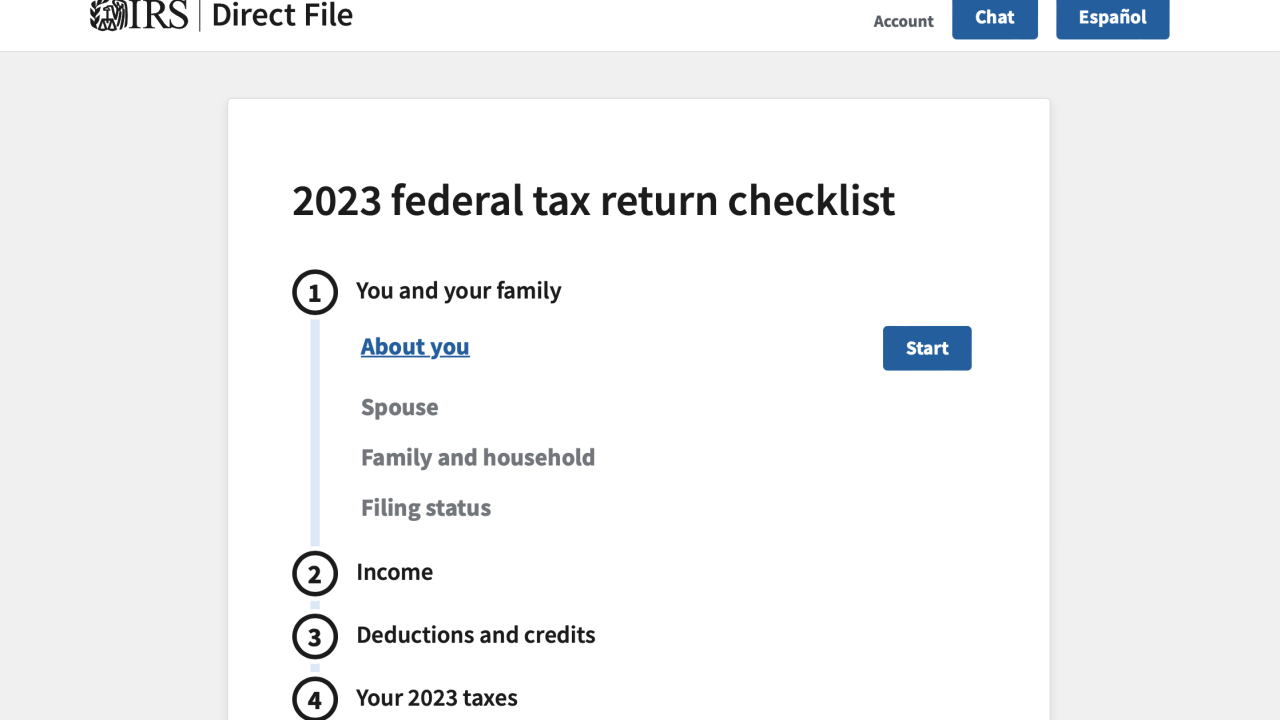The Internal Revenue Service plans to check for unfiled tax returns and look for unreported income from sole proprietors of small businesses during correspondence audits.
Estimates by the IRS show that $68 billion of the $345 billion tax gap in 2001 was due to the underreporting of income by sole proprietors. The IRS conducted more than 5.1 million correspondence examinations between fiscal year 2004 and FY 2008 that recommended the IRS collect approximately $35 billion in additional taxes, according to a new
TIGTA found 129 audits where sole proprietors may have avoided tax and interest assessments totaling more than $1.7 million because the IRS failed to address significant potential income misstatements during compliance audits. These audits were identified from a statistically valid sample of 298 closed correspondence audits of individual returns with sole proprietorships that were closed by tax examiners in the IRS Campus Compliance Services operations during fiscal year 2007. Unlike procedures for audits conducted in the field, procedures for correspondence audits of sole proprietors do not require examiners to complete minimum checks for unfiled returns (employment tax and information returns) and to probe for unreported income.
TIGTA recommended that the IRS require correspondence examiners to check for unfiled returns, such as employment tax and information returns, and to probe for unreported income. These checks are required of IRS examiners who conduct in-person audits, but not of correspondence examiners.
"Sole proprietors who underreport their income can create an unfair burden on honest taxpayers and diminish the public's respect for the tax system," said TIGTA Inspector General J. Russell George in a statement. "It is imperative that the IRS institutes policies to address this problem."
In response to TIGTA's draft report, the IRS agreed to develop inventory selection filters to identity and refer to field examiners those sole proprietors who did not file required employment tax or information returns; and those with indicators of unreported income.





